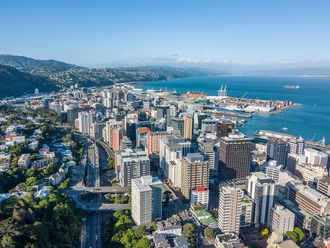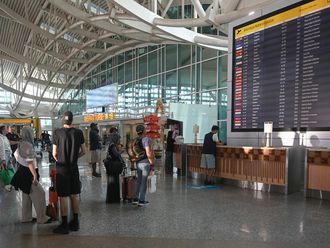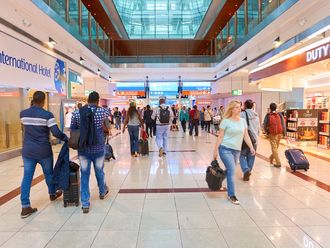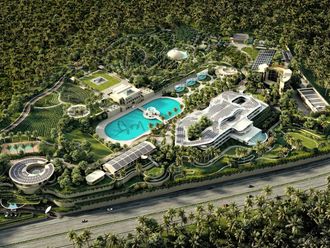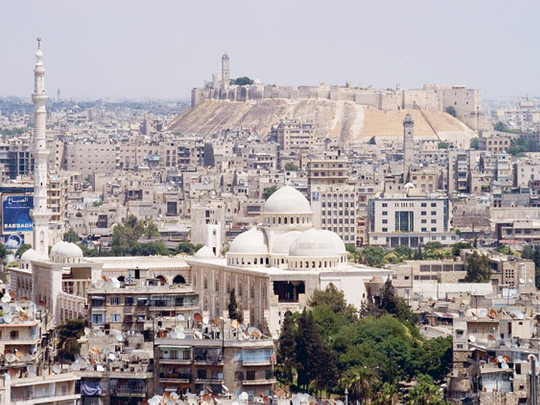
Dubai: Syria's relative insulation from the financial downturn and improved infrastructure has led to a surge in business and leisure travellers, prompting hotel groups to fill the supply gap. Accor is the latest group to announce that it will operate two new hotels in Aleppo.
"Syria has been largely protected from the financial crisis and is increasingly opening up to international business and tourism travellers," said Philippe Baretaud, development director Middle East, Accor Hospitality.
The government's efforts to improve infrastructure and liberalise and diversify the economy are preparing the ground for potential business, leisure and MICE markets, he added.
Consultancy Colliers International has compiled a report on the performance of Syria's hotel sector. During last year's global economic downturn, hotels boasted a healthy average occupancy of 72 per cent on average, at an average room rate of $110. The increased occupancy led to a higher RevPAR (revenue per available room) of $79.
Surge in arrivals
The consultancy expects rooms to double to nearly 6,000 by 2015 but the new supply will still fall 20 per cent short of meeting expected demand. Religious tourism alone is expected to double this year coupled with a surge in Turkish arrivals.
Most hotel groups are focusing on Damascus. Sheraton, Rotana and Four Seasons are already there and Moevenpick as well as a Kempinski and InterContinental are set to open this year and 2012 respectively.
According to Colliers, these brands will fit certain tourist profiles perfectly, including international and Arab visitors. Local tourists representing the second largest market for hotel groups, however, prefer cheaper hotels.
The growth is not confined to Damascus. Large-scale developments are taking place in the main cities and on the Mediterranean coast are a big draw for hotel investments, said Baretaud.
"With a population of over 20 million, Syria is one of the main potential domestic markets of the Middle Eastern region."
Accor's two hotels are at Taj Halab in Syria's northern historic city of Aleppo overlooking the city's Citadel.
"Novotel and Ibis perfectly match the need for segmentation of the Syrian hospitality market, which can support a real network development of these two brands throughout leisure and business destination with the country," Baretaud said.
Aleppo hosts the Sheraton and the UAE's Coral Hotels & Resorts. A second Coral, the Martini Aleppo is under construction.
"From its ancient ruins to gorgeous souqs and citadels, Aleppo is a fascinating city. Budget friendly and totally safe, it is the most sought-after destination in the region," said Michel Noblet, CEO, Hospitality Management Holdings.
Accor is eager to bring the upscale Mercure and Sofitel as well as the Pullmann lifestyle brand to Syria.
The group may even create a hospitality training academy similar to the one in Dubai.
Spotlight on Taj Halab
Taj Halab, a 200,000 square metre mixed-use family hospitality and entertainment development, deemed a first in Syria is due to be completed in 2014. Developed by Bena Properties, it will feature retail, outdoor cafés, boutique offices, parks, an open air plaza for events and activities tailored to tourists and residents alike.
Seven buildings dating back to 1920 will be restored and adapted to its new use, including a five star boutique hotel as well as Accor's four-star 129-room Novotel with conference centre and the 150-room three-star Ibis.
"This is the latest addition to our hospitality portfolio, our first hotel in Damascus is already under construction and we will soon announce our resort development in Lattakia," said Hawazen Esber, CEO of Bena Properties.


